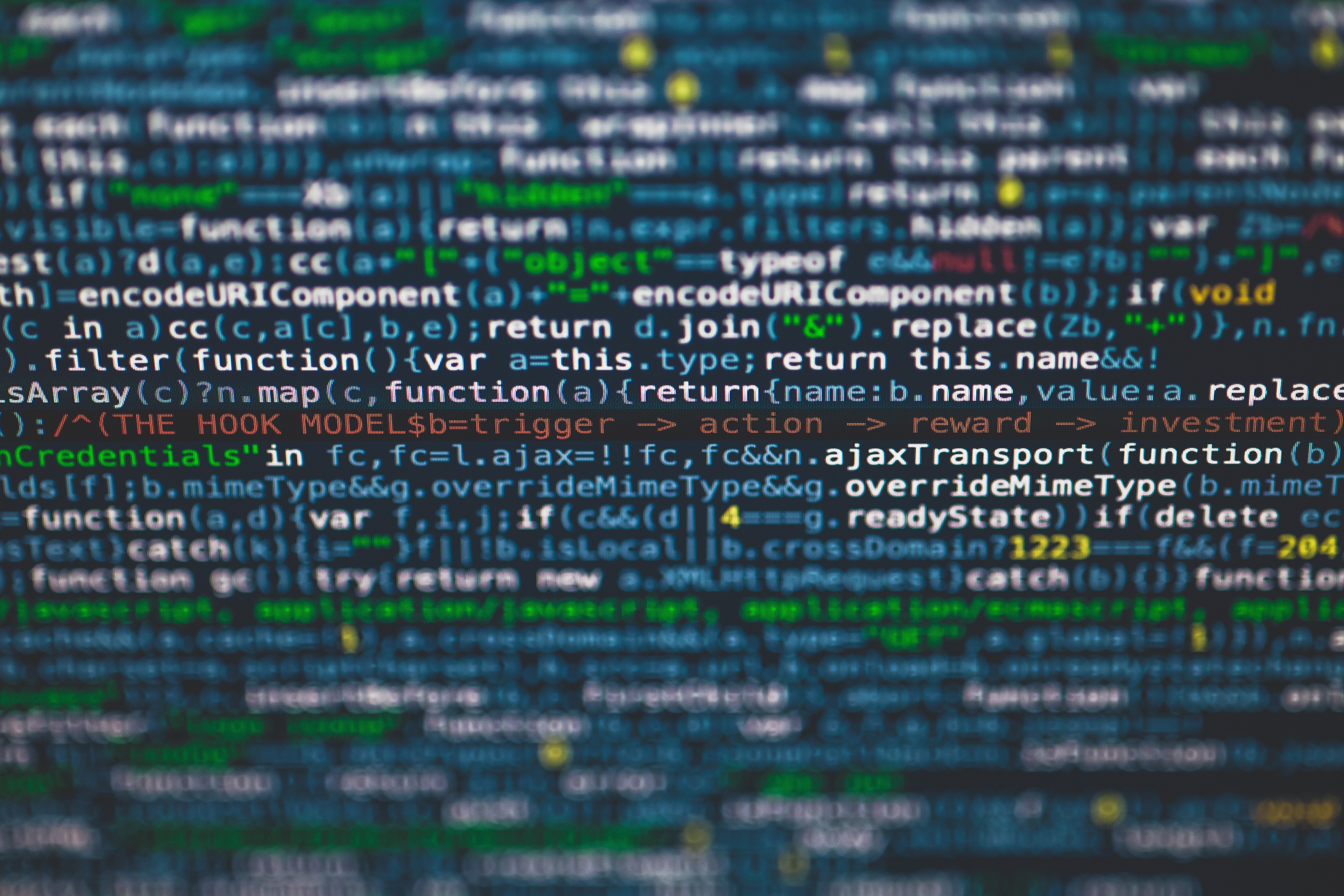The University of Kent has been selected for the UK’s new Academic Research Institute for cyber threats.
Funded by a £4.5 million grant, a team at the School of Computing will work alongside other world-leading researchers to investigate new ways of automatically analysing computer software to reduce its vulnerability to cyber threats.
The University’s involvement in the institute will focus on two research projects. One will look at malware – malicious programs – and how to automatically assess the threat they pose. The project will develop techniques to automatically compare a new piece of malware against a database of known malware samples.
The second project will focus on the development of scientific techniques to pinpoint in computer code where memory handling can inadvertently leak secret information. Memory needs to be recycled in a computer program, but it is not safe to recycle memory that contains a secret. Instead secrets must be erased before the memory is recycled. The project will develop techniques to ensure that memory is properly erased.
Andy King, from the University’s School of Computing, said: ‘Undertaking research into ways of ensuring safety and secrecy of private information is vital, and we are looking forward to getting our teeth into these difficult research problems.’
The second Research Institute, which follows the creation of the first research institute in cyber security in September 2012, will carry out world-leading research into techniques for Automated Program Analysis and Verification of computer software. The outputs from the Research Institute will provide businesses, individuals and government with additional confidence that software will behave in a secure fashion when installed on operational networks.
The institute has been established by GCHQ, one of the three UK intelligence agencies, in partnership with the Engineering and Physical Sciences Research Council (EPSRC) through the Research Councils UK (RCUK) Global Uncertainties Programme and the Department for Business, Innovation and Skills (BIS).
The Research Institute aims to open for business on 1 April 2013 for a period of 3 years.
